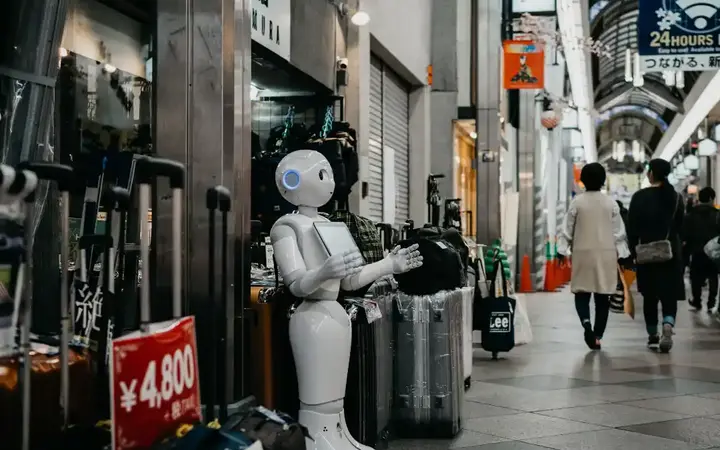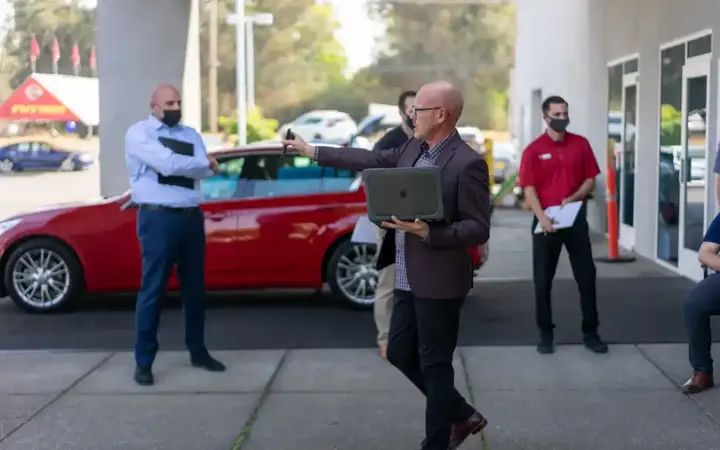Surprising fact: The environmental impact of beef outweighs cars
It's easy to think that an environmental comparison between cars and hamburgers can be ridiculous.
Show key points
- Methane from cow burps and farts is a powerful greenhouse gas that's far more harmful than car emissions in trapping heat.
- The grain-based diet given to cows for faster meat production leads to increased methane and fertilizer use, adding more environmental strain.
- Transporting beef from farm to store releases substantial carbon dioxide, making one burger's journey equivalent to driving around 200 miles.
- ADVERTISEMENT
- Beef production consumes 28 times more land than other meats and majorly contributes to deforestation and desertification, especially in areas like the Amazon.
- High concentrations of ammonia from cow waste result in acid rain, which harms plants, soil, and ecosystems even if we don't visibly notice it.
- Though cows emit less greenhouse gas by volume than cars, their methane output results in greater climate damage overall.
- Instead of blaming cows, reducing beef consumption and changing livestock farming practices are necessary steps to lessen environmental harm.
When you drive, you can easily see gas vapors rising straight into the sky.
However, grilling beef on a hot summer day has a bigger effect that you probably weren't aware of!
Let's take a look at why there is such a huge contrast between beef and Bentley cars.
Fart by Sam cows!
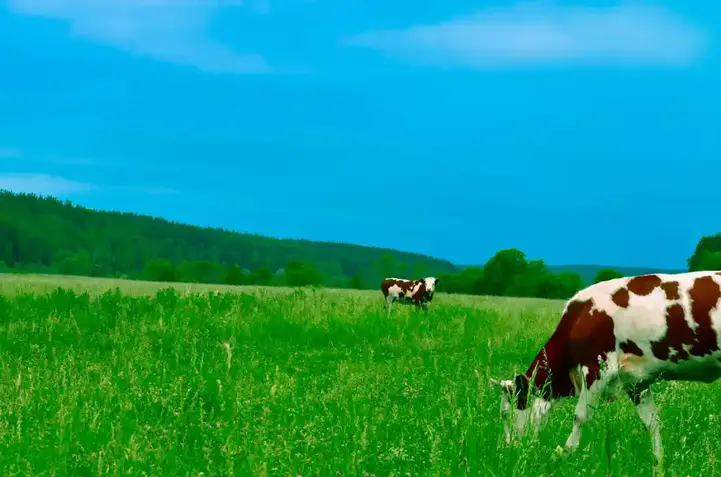
While the negative effects of beef are from the whole production, even just farting by them is deadly!
According to the United Nations, the combination of belching a cow and farting accounts for at least four percent of all greenhouse gas emissions.
Science tells us that methane, found in belching cows and releasing the wind, is better at trapping heat in the atmosphere than carbon dioxide.
Recommend
So, while cars may emit more carbon dioxide by volume, methane is 23 times stronger, meaning cows end up causing more damage.
To put it right, cows produce damage to the environment equivalent to four tons of carbon dioxide!
Grain vs Grass
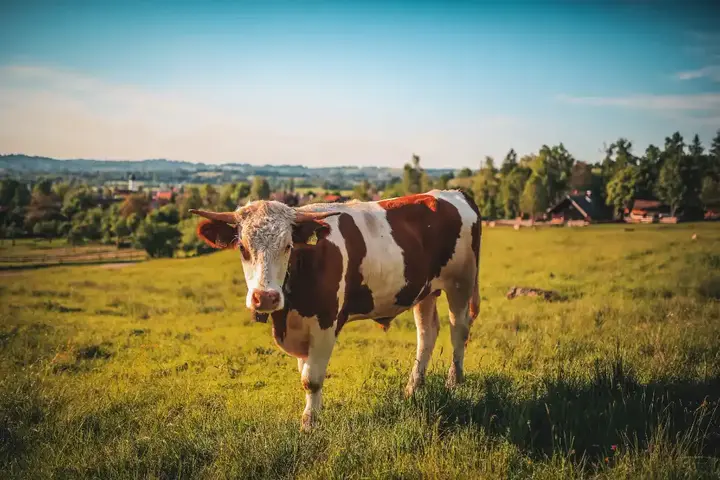
Part of the problem is what cows need to eat and how to process it.
When cattle are raised to produce beef, the goal is to get as much meat as possible from the cow as quickly as possible.
Cows are usually fed with grain instead of grass in order to speed up production.
However, their body's slow digestive system is designed to digest grass, not grains.
Grain fed to cattle is just another problem. Cow feed needs huge amounts of nitrogen fertilizers – nitrogen, which requires a lot of fossil fuels to produce.
This effect is indirect, but it exists!
Buying grass-fed beef means that the methane it produces is less powerful and less nitrogen is needed, although even then it's still worse for Mother Nature than for any other meat product.
Carbon dioxide plays its role
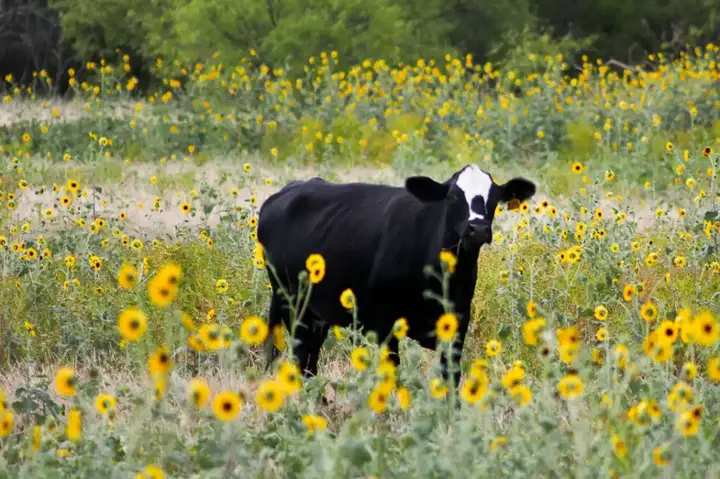
After the meat is ready from the farm, it then needs to move from the slaughterhouse to the processing center, and finally to your grocery store.
Moving several times means that the toxic effects of an 18-wheeled carriage will be transmitted to the air several times.
The carbon dioxide emitted into the atmosphere per pound of beef is more than burning one gallon of gasoline.
Overall, producing just one burger releases the equivalent of driving about 200 miles.
Beef production is more harmful than any other meat.
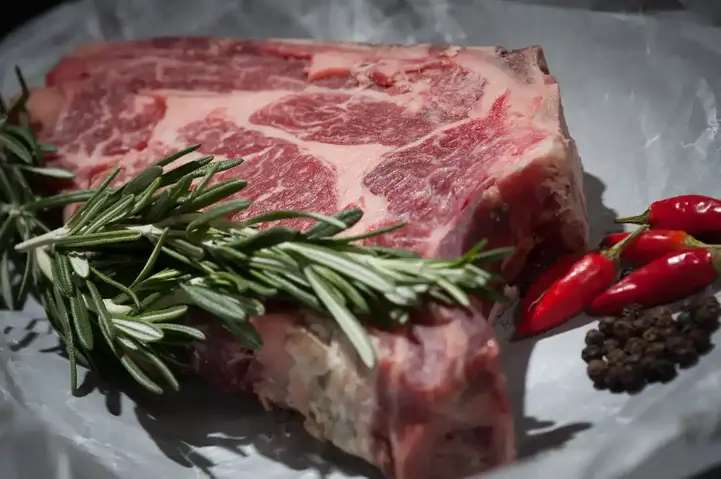
Despite being delicious, compared to other animals, red meat needs 28 times more space to produce than pork or chicken.
The first obvious reason is that cows are generally larger! But there are more indirect side effects.
Plants and greenery are incredibly useful when it comes to helping the earth in terms of converting carbon dioxide into oxygen.
But another problem that needs to be added to the endless list is the fact that livestock farming is a major factor in deforestation worldwide.
It has been determined that 80% of deforestation in the Amazon is due to livestock breeding.
In addition, overgrazing turns one-fifth of all pastures and chains into desert.
At a time when we need oxygen more than ever, replacing it with methane is not a good thing!
Rain is not always a good thing.

An unknown fact about beef is that it is responsible for 2/3 of the ammonia that is discharged into the atmosphere. Cow dung and urine release ammonia into the air.
As thousands of cows are kept together on farms, this results in a high concentration of ammonia gas and thus leads to acid rain.
When we think of acid rain, our minds may turn to a dramatic scene of rain falling from the sky and burning our skins.
However, it usually causes damage only to plants, animals and soil, so we don't hear about it much because the results are not directly visible.
But cows still play a key role in this problem and should not be ignored.
How does this compare to cars?

In terms of volume, cars emit more carbon dioxide than cows emit methane. But as we've said before, methane is more powerful at trapping heat, which is the source of global warming.
So, while cars may produce more carbon dioxide than methane, it is methane that is a bigger problem.
For some perspective, let's compare the average amount of methane produced by cows to the equivalent amount of carbon dioxide.
On an annual basis, cattle and buffaloes produce the equivalent of two billion tons of carbon dioxide annually.
In contrast, the average car produces only 2.7 tons per year.
Thanks to the efforts of people like Elon Musk, people are moving more towards electric or more fuel-efficient vehicles rather than fuel-intensive cars.
In contrast, global poverty is becoming less and less, which is great!
But when people earn more money, they are also able to buy more meat products, including beef.
Don't blame the cows!
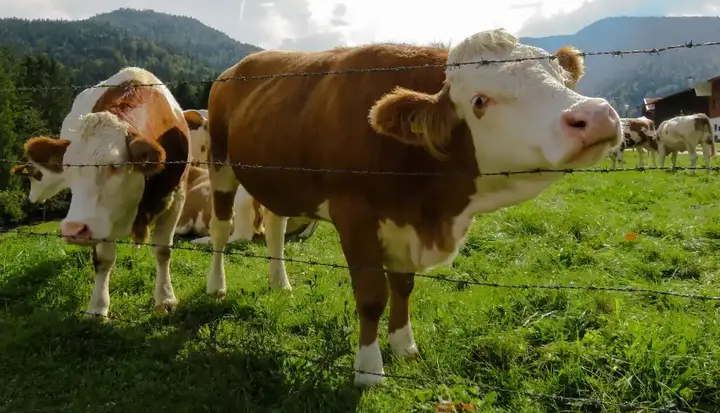
While cows are the cause of many problems, it's not their fault!
In no case should cows go extinct in order to save the Earth, but livestock breeding and overbreeding by humans should be significantly reduced.
If they are left alone to live normally, overpopulation will not be a problem.
Joint efforts to feed cows, fart, transport and deforestation are all a problem that needs to be addressed.
Although it's ideal for everyone to switch to a meat-free diet, this isn't always reasonable.
So, at the very least, reducing beef intake to no more than once a week, or even not at all, would be beneficial to the earth and therefore beneficial to humans as a whole.
![]()
What is the coldest place in the solar system?
The coldest natural spots in our solar system might be double-shaded craters at the Moon’s south pole, with temperatures around 25 K—colder than Pluto. These craters avoid all sunlight, trapping extreme cold for billions of years and possibly preserving water ice and other volatile compounds. more- ADVERTISEMENT
![]()
The world's oceans: species, environments, life and the magic of colors
The oceans, covering over 70% of Earth, are changing color due to climate change and human impact. From deep blue in the Pacific to green or milky turquoise in coastal or Arctic waters, these shifts reveal changes in marine life and health, making ocean conservation more vital than ever. more- ADVERTISEMENT
![]()
10 signs that you are mentally stronger than the average person: conclusions of psychology
Mentally strong people embrace change, stay optimistic, manage stress calmly, and bounce back from failure with confidence. Their self-discipline, emotional control, and ability to set healthy boundaries help them grow through challenges while maintaining strong, supportive relationships. more- ADVERTISEMENT
![]()
The most famous data leaks in history - a list of wonders!
Big names get hacked too—Yahoo, LinkedIn, Facebook, and Canva all suffered massive data breaches, exposing millions of users’ info. These attacks didn’t just hurt reputations—they shook global cybersecurity and pushed companies to step up protection, while users were urged to change passwords and enable two-factor authentication. more- ADVERTISEMENT
![]()
3,000 light years: NASA's Hubble Space Telescope captures breathtaking images of the universe
Hubble’s latest images from 3,000 light-years away reveal star nurseries, glowing nebulae, and dying stars, highlighting the beauty and mystery of space. Acting like a time machine, the telescope captures details that challenge our perception and push the boundaries of what we know about the universe. more- ADVERTISEMENT
![]()
AI inspires creativity: artists and musicians use AI for their creations
AI is reshaping creativity, helping artists and musicians explore new styles and techniques. Tools like Soundraw let anyone compose music quickly, while artists like Ruby Barat use AI to transform classic art. Though some fear it may dilute originality, AI is opening bold new paths in creative expression. more- ADVERTISEMENT
![]()
75% of the global diet is produced by just 12 plants and 5 different animals
75% of the global diet is produced by just 12 plants and 5 different animals more- ADVERTISEMENT
![]()
How periods of consistency guided me to the goal: your actions are your compass
How Periods of Consistency Guided Me To Purpose- Your actions are your compass more- ADVERTISEMENT
![]()
Quick tips to become a successful salesman
Success in sales comes from knowing your product, understanding customer needs, and building strong relationships. Always listen actively, communicate clearly, and stay passionate. Keep learning, stay organized, and never fear rejection—it’s just part of the journey to closing more deals and reaching your goals. more- ADVERTISEMENT
![]()
Alert from the Northern Lights: Sun's activity is at its highest level in 23 years with the Northern Lights
Alert from the Northern Lights: Sun's activity is at its highest level in 23 years with the Northern Lights more- ADVERTISEMENT

















